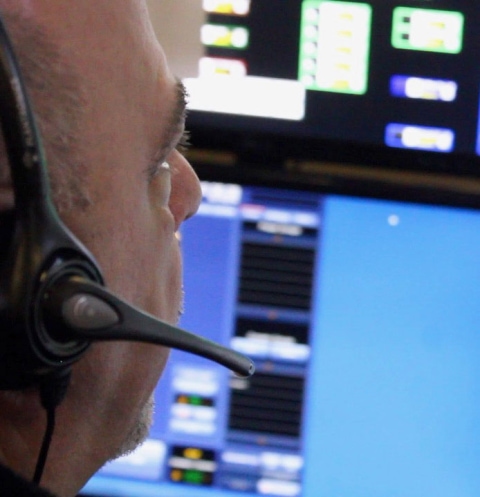
This is a tough but rewarding profession – we talk to people over the phone who are often having the worst day of their life.
Call Takers and Dispatchers at NWCTPS will receive classroom and live training before they work independently in the dispatch center.
Here are some realities of work as Call Taker or Dispatcher for NWCTPS:
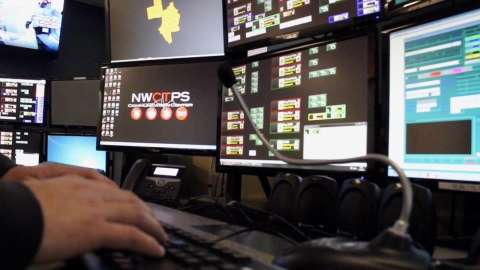
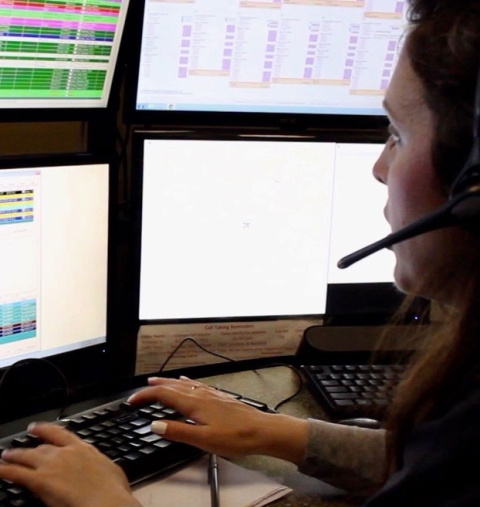
Have you ever wondered what distinguishes the position of a Call Taker or Dispatcher as a profession instead of “just a job”? By definition, a profession is a calling that requires specialized knowledge, and often long and intense academic preparation. The training required for this position at NWCTPS consists of:
The work environment is often very fast-paced, and encompasses shifts that often require employees to work on weekends, holidays, and overnight.
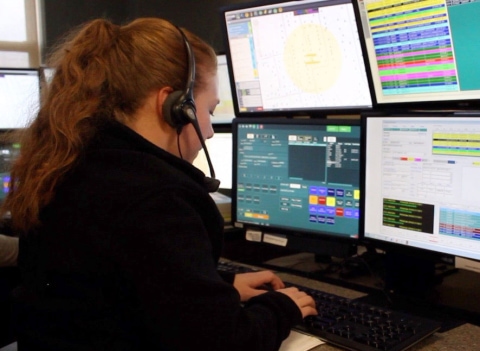
The journey through a career in public safety, whether as a call taker or dispatcher, often begins with excitement and pride when applicants make it through the long and rigorous testing process and background investigation. We begin our careers with energy and positivity; proud and honored by our achievement. We can maintain our pride and stay positive by having a realistic view of what can and does happen on a regular basis.
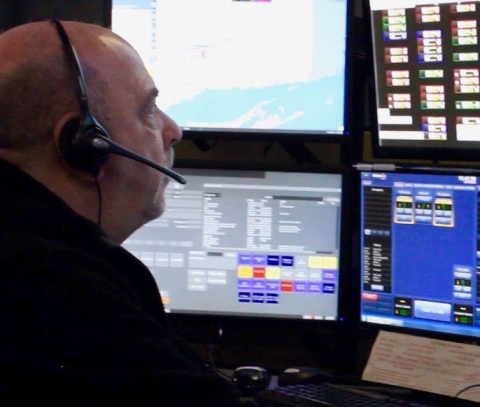
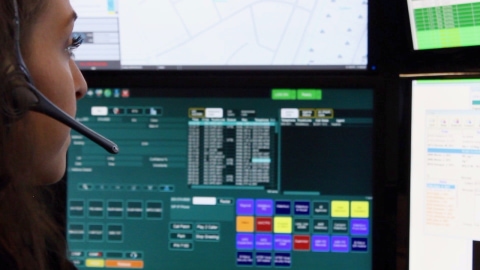
When we dispatch police officers to these and other calls for service, we also face an internal component that is no less significant. We facilitate the safety of our first responders to the very best of our ability, by providing the most accurate and reliable information possible.
If this is a position you are interested in, know that there are many satisfying and rewarding aspects of the position and that call takers and dispatchers make significant contributions to the safety and welfare of our citizens and first responders.
The recruitment process begins by completing an online application – available below and on our PoliceApp.com page when positions are open.
Those who meet minimum qualifications may be invited to complete the CritiCall pre-employment test that measures computer related multi-tasking abilities. After CritiCall, applicants will be asked to take a Select Advantage assessment. This assessment measures the components (behaviors) of the job that you cannot teach or train.
Candidates who successfully complete these tests may be invited for a job interview.
Following a successful interview, prospective candidates will be given instructions to report to a medical facility to undergo a physical and drug screening. All testing will be done at Saint Mary's Occupational Health in Waterbury. Candidates who fail the drug screening will be permanently disqualified from employment with our division.
Finally a conditional offer is made upon the positive completion of a thorough background check as well as FBI Fingerprinting.
